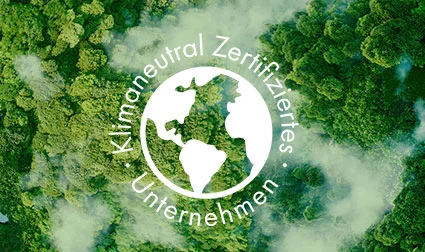How an apparent trend is becoming our future
You hear it almost everywhere these days: vegan cookbooks are on everyone’s lips and are becoming bestsellers, meat alternatives are filling supermarket shelves and vegan fashion is easy to buy.
With 130 million uses on Instagram, the hashtag ‘vegan’ can definitely be described as popular. Vegan is no longer a trend – we have arrived in the plant-based age. If you search for veganism on Wikipedia, you get the answer: ‘Veganism is an attitude, lifestyle and diet derived from vegetarianism. Vegan people either avoid at least all foods of animal origin or the use of animals and animal products altogether. Ethically motivated vegans usually also ensure that clothing and other goods are free from animal products and have been produced without animal testing.
Most people today know what veganism is. But how long has the vegan lifestyle existed? It feels like it has only been around for a few years – but far from it. The vegan-vegetarian movement is not a modern phenomenon, but has a long history. The first references to a meat-free diet date back to ancient times. The Greek Orphics, who lived around 600 BC, are considered to be the first documented vegetarians. Their renunciation of meat, eggs and wool was of a religious and philosophical nature. Among the most famous vegetarians in history are the Greek philosopher and mathematician Pythagoras and Leonardo da Vinci, who firmly rejected the consumption of meat from an early age. In Germany, a meat-free diet was first perceived as an artifact of healthy living and associated with moral aspects around 1860. The vegan idea of living free from all animal products was described as the “new forward-looking high vegetarianism”. In 1944, the Englishman Donald Watson founded the Vegan Society. It was also he who invented the term “vegan” for those vegetarians who ate without eggs and dairy products. The oldest vegan organization in the world that supports veganism still exists today. 1990 saw the birth of the Veganblume, a label that identifies vegan products and is a good aid for vegans.
According to the Vegan Society, the following criteria must be met for a product to be awarded the Vegan Flower:
- The end product must not contain any animal components, animal by-products or raw materials derived from animals.
- No animal materials may be used during production and no animal testing may be carried out at any stage of production. All raw materials must be produced without animal testing.
- If a company manufactures both vegan and conventional products, all machines must be thoroughly cleaned before they can come into contact with vegan materials again.
- If a product contains genetically modified ingredients, this must be labeled on the packaging.











